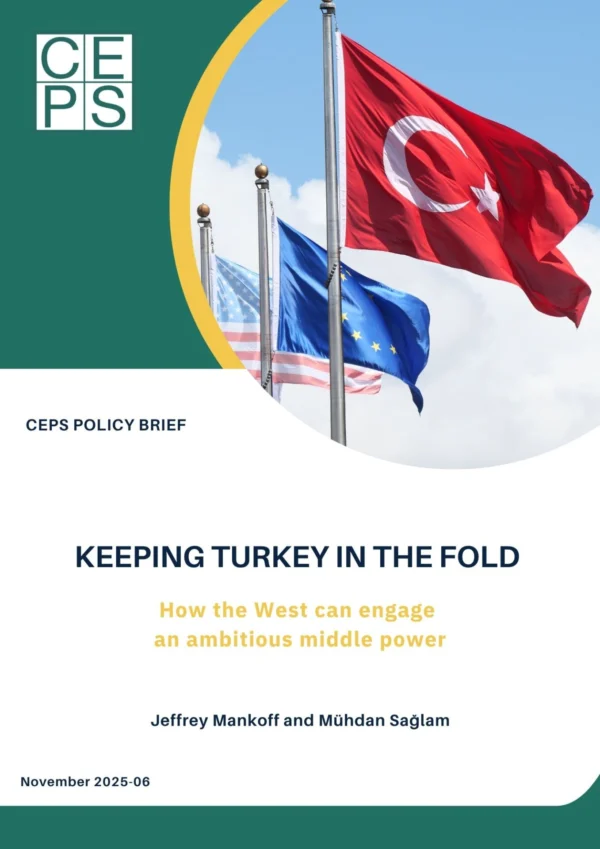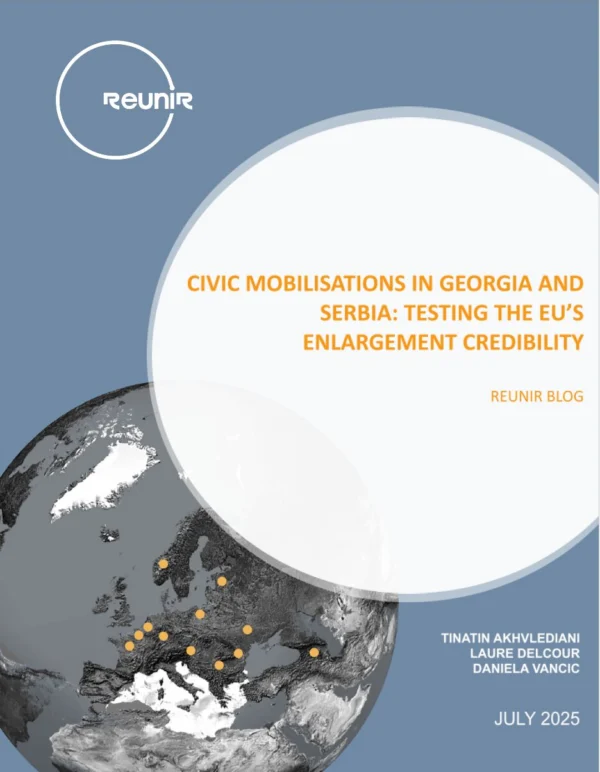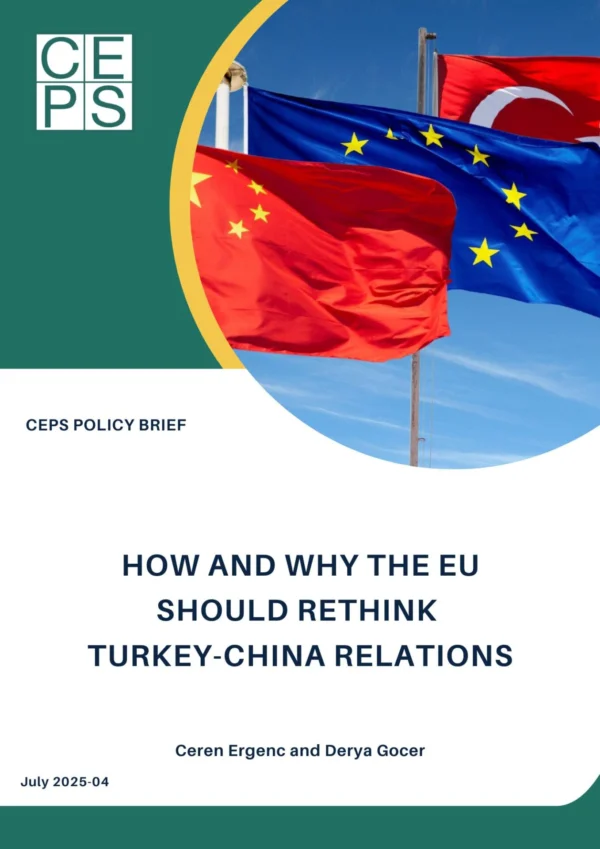With the second von der Leyen Commission prioritising European competitiveness and security in an era of geostrategic rivalries, the EU has shifted its focus from a donor-recipient model to strategic investments that increases its competitiveness through supply chain resilience. The three-year-old Global Gateway strategy is carrying the burden of facilitating this transition while also working to maintain constructive relationships with its global partners. However, the Global Gateway is limited by budget constraints, fragmented governance, and stakeholder scepticism.
This CEPS Task Force report highlights a number of findings that came from a series of meetings with experts, stakeholders and institutions. These aimed to to unpack the Global Gateway’s balancing act between the EU’s strategic interests and sustainable development cooperation. The report does this by analysing the Global Gateway’s financial and trade environment and its projects for the green and digital transitions.
By redefining development cooperation as a tool for mutual resilience, the EU can unlock the Global Gateway’s full pitential. This Task Force report proposes using the Global Gateway as a platform to redefine development to achieve mutual resilience. This can be done by reducing dependencies, increasing local value creation and safeguarding supply chains.
To read a CEPS Expert Commentary that summarises the report’s key findings, please click here.








